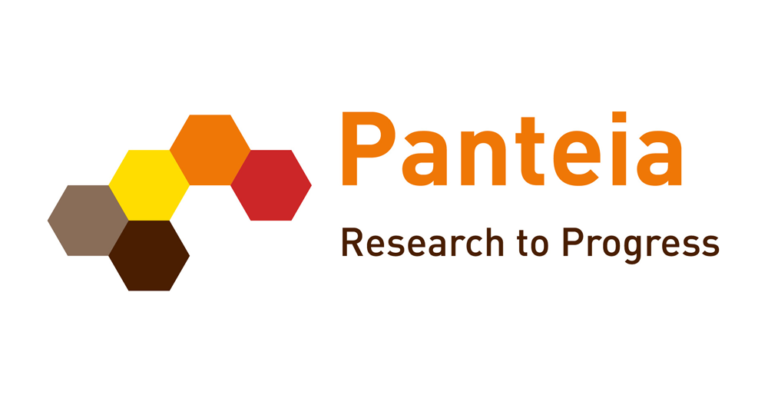
COVID-19 and urban mobility
The transport consultancy PANTEIA and the University Roma Tre have issued a “rapid-response briefing” on “COVID-19 and urban mobility: impacts and perspectives”, on behalf of
Giuseppe Luppino
I am glad to welcome you to the last issue of the EU Review, the scientific and communication tool of the Open ENLoCC, the European Network of Regional Competence Centers.
Since 2006, OPEN ENLoCC has been around as an informal group at EU level. As from the end of 2019, we have now taken the next step and formalized the network as an ASBL under Belgian law. This new legal form, was necessary due to the closure of KLOK which held the secretariat of the network from the foundation. It is my intention to say thank you to Holger Bach and Martin Brandt for the work done during these years and for contributing to make the network great. Martin Brandt, who managed the secretariat of the network in person, is still on board with the role of co-editor of the new version of the EU review, so the collaboration continues. Notwithstanding these difficulties, Members decided in Liege, during the last physical plenary meeting before the pandemic situation, to become a formal association and to update the statute.
In the meantime we closed the collaboration with some members, which we hope to see again in the near future. The active Members are listed on the members page, and we hope to grow again and more in the next few years thanks to an ambitious Programme of activities which will be discussed with Members during the next coming Plenary Meeting.
In this context, we also redesigned our communication flagship, the “Review”. From 2021, there will be three issues per year, and the journal will be published online. The articles will be accessible individually. However, there will also be a joint pdf document that can be downloaded to get a whole issue as a single document. This will allow for more flexibility in length and scope of articles. We will improve the Review’s position as the journal for all questions regarding regional impacts and causes of logistics.
The publication of the European Review of Regional Logistics is supported by a grant of Wirtschaftsförderung Region Stuttgart GmbH (WRS).

The transport consultancy PANTEIA and the University Roma Tre have issued a “rapid-response briefing” on “COVID-19 and urban mobility: impacts and perspectives”, on behalf of

Journal of Open ENLoCC, the European Network of Logistics Competence CentersIssue 2020-1, Article 08 Freight transport in and via urban nodes is growing rapidly and
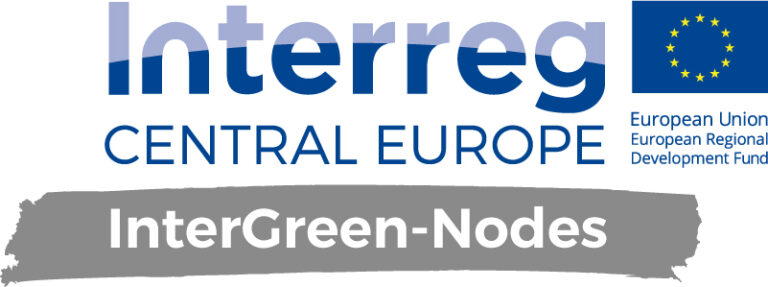
Journal of Open ENLoCC, the European Network of Logistics Competence CentersIssue 2020-1, Article 06 Inter-Green – Nodes describes a cross border research project which is
The German state of Baden-Württemberg has issued a “logistics concept”. With its roughly 10 million inhabitants, the state is located in the Southwest of Germany.
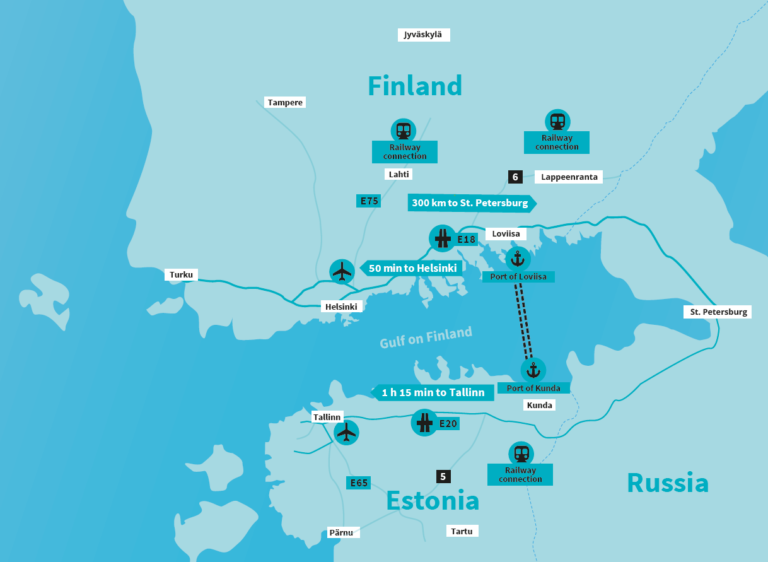
Journal of Open ENLoCC, the European Network of Logistics Competence CentersIssue 2020-1, Article 04 By Reima Helminen / CMS Turku Open ENLoCC member CMS in
Journal of Open ENLoCC, the European Network of Logistics Competence CentersIssue 2020-1, Article 03 These days, the German Federal Ministry for Transport and Telecommunications has
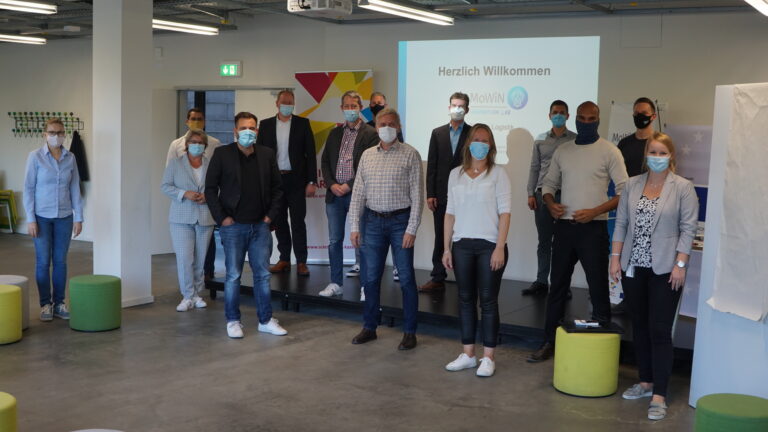
Journal of Open ENLoCC, the European Network of Logistics Competence CentersIssue 2020-1, Article 07 What does a small or medium- sized enterprise (SME) need in
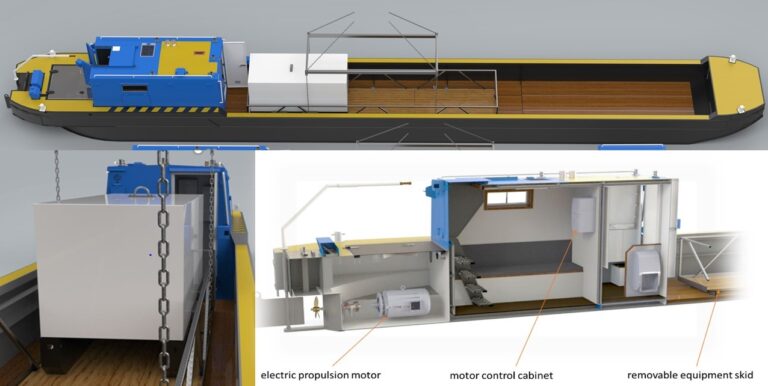
One goal of the RIVER-project is to install and test the RIVER-Technology, namely the Oxyfuel combustion and Carbon Capture & Storage (CCS) system on a ship operating in real environmental conditions. Therefore, a narrowboat operating on UK’s inland waterways was chosen.
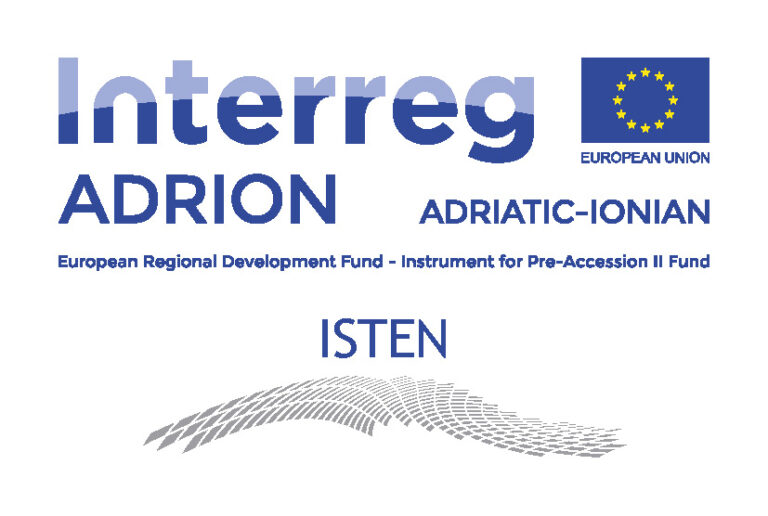
The ISTEN Interreg EU project aims at qualifying the Adriatic and Ionian Ports as strategic nodes and hubs for the ADRION Region by setting up